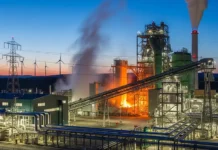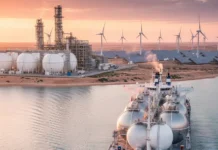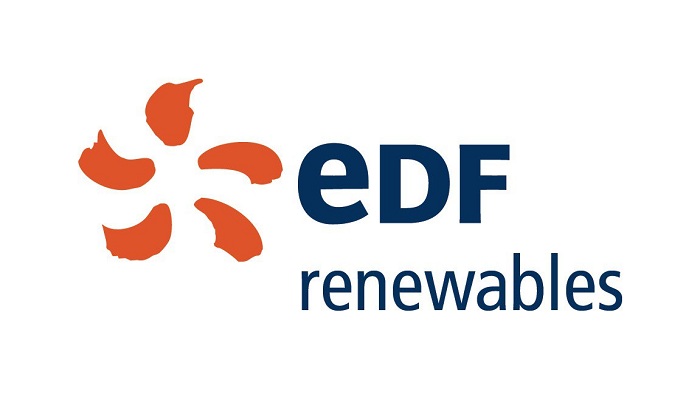French utility EDF says it will develop 3GW of low-carbon hydrogen projects around the world by the end of the decade — derived from renewable or nuclear power — but with a fairly large caveat.
In the small print of the announcement, the state-owned company reveals that the 3GW plan is “subject to the implementation of appropriate support policies and a regulatory framework conducive to the development of electrolytic hydrogen”.
The UK and Germany have announced subsidies for low-carbon hydrogen projects, for domestic and non-EU projects, respectively, with other nations expected to follow suit in the coming years.
EDF said it will invest €2bn-3bn ($2.16bn-3.24bn) in H2 production — excluding electricity production to power the electrolysers — as part of its Hydrogen Plan, which it describes as a “new and essential step towards the objective of carbon neutrality”.
“Thanks to the development of its low-carbon electricity production facilities, both nuclear and renewables, and the know-how developed by its subsidiary Hynamics, created in 2019 and specialising in the production of electrolytic hydrogen, the EDF Group aims to become one of the European leaders in the production of 100% low-carbon hydrogen,” the company said.
Hydrogen produced via electrolysis — using an electric current to split water molecules into H2 and oxygen — is generally known as ‘green’ when the electrolysers are powered by renewable energy, and ‘pink’ when using nuclear energy.
“Low-carbon hydrogen is an essential lever for reducing our dependence on fossil fuels alongside the direct electrification of end uses,” said EDF chairman and CEO Jean-Bernard Levy. “With this ambitious plan and by capitalising on its expertise and know-how, the EDF Group intends to contribute to the emergence of a strong and innovative European hydrogen industry.”
EDF envisages a key role for hydrogen in heavy transport and industry, but not for heating or light vehicles, like some H2 advocates.
“Low-carbon hydrogen produced from water electrolysis has a major role to play in decarbonising heavy mobility: buses, refuse collection vehicles, trucks and trains in non-electrified areas,” the company said.
“Hydrogen derivatives (e-fuels) will help decarbonise air and sea transport. Hydrogen is also an intermediary for the radical decarbonisation of industrial processes such as those in the chemical, oil refining and steel industries.”











































